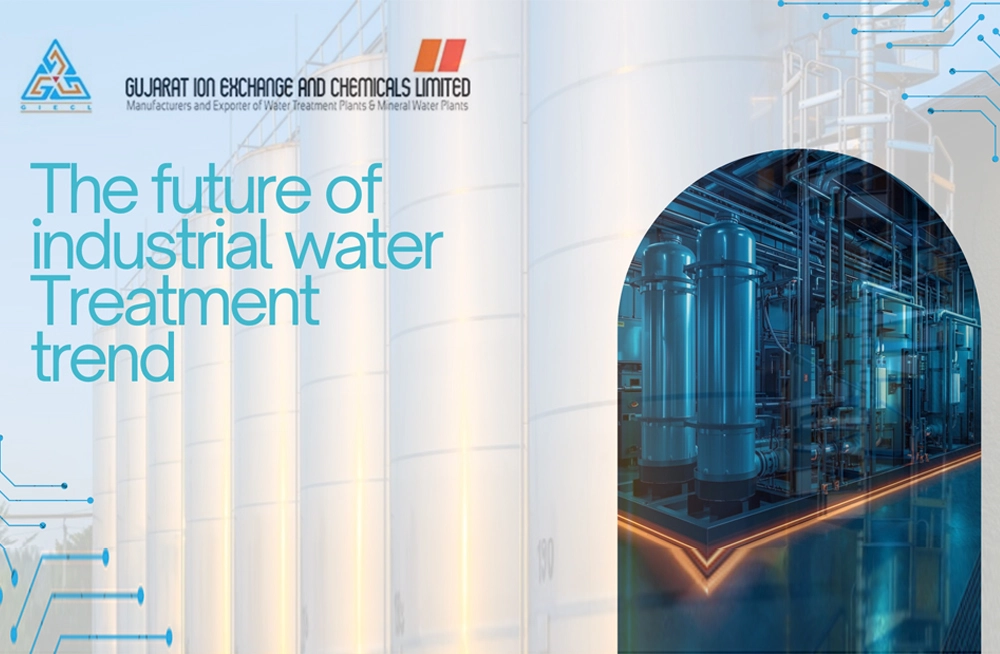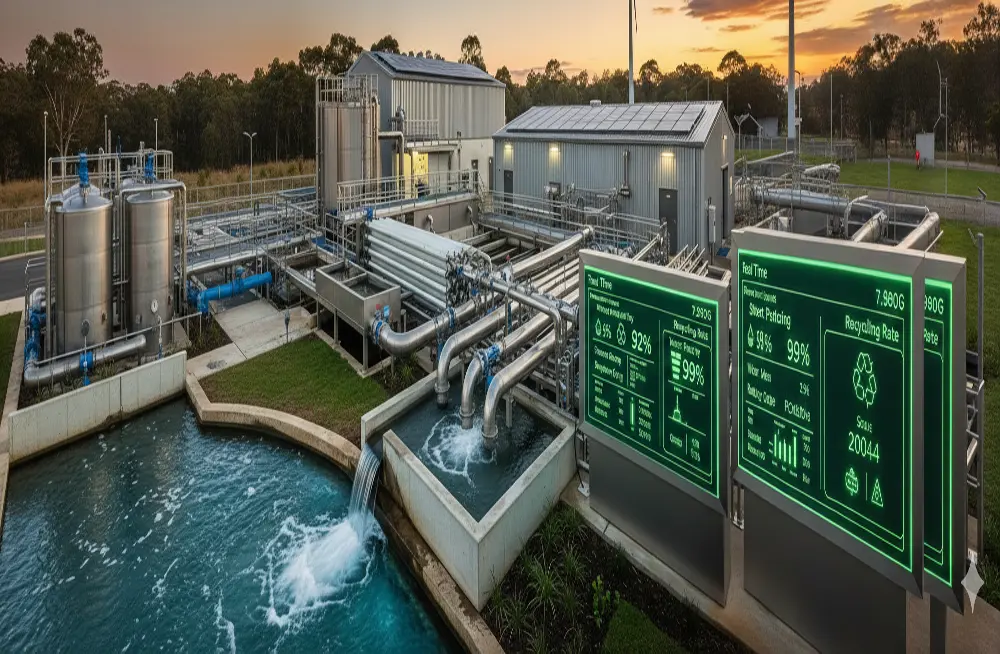New technologies are helping industries in water treatment by making water more efficient and useful with less harm on the environment. Industrial water treatment is being transformed by new and smarter technologies. The most useful technologies are -
- AI and Machine Learning: These tools help plants to predict problems in the system and also help in treatment processes adjusting automatically which save energy and resources.
- Electrochemical Treatment: This method uses electricity to clean water which is more efficient and chemical free in water treatment.
- Improved Biological Systems: This new bio treatment methods use helpful bacteria to break down waste faster and more effectively for water treatment.
- Automation and SCADA Systems: Automated control systems make water treatment faster, safer and more consistent by reducing human error.
- Membrane Filtration (RO, UF, NF): These are the systems used for special filters to remove salts, chemicals and tiny particles from water. They are common in industries where very clean water is needed especially for chemical process.
These technologies are making the treatment of industrial water cleaner, smarter, and more cost effective.
Together, these technologies are helping industries treat water smarter, cheaper, and more sustainably.



